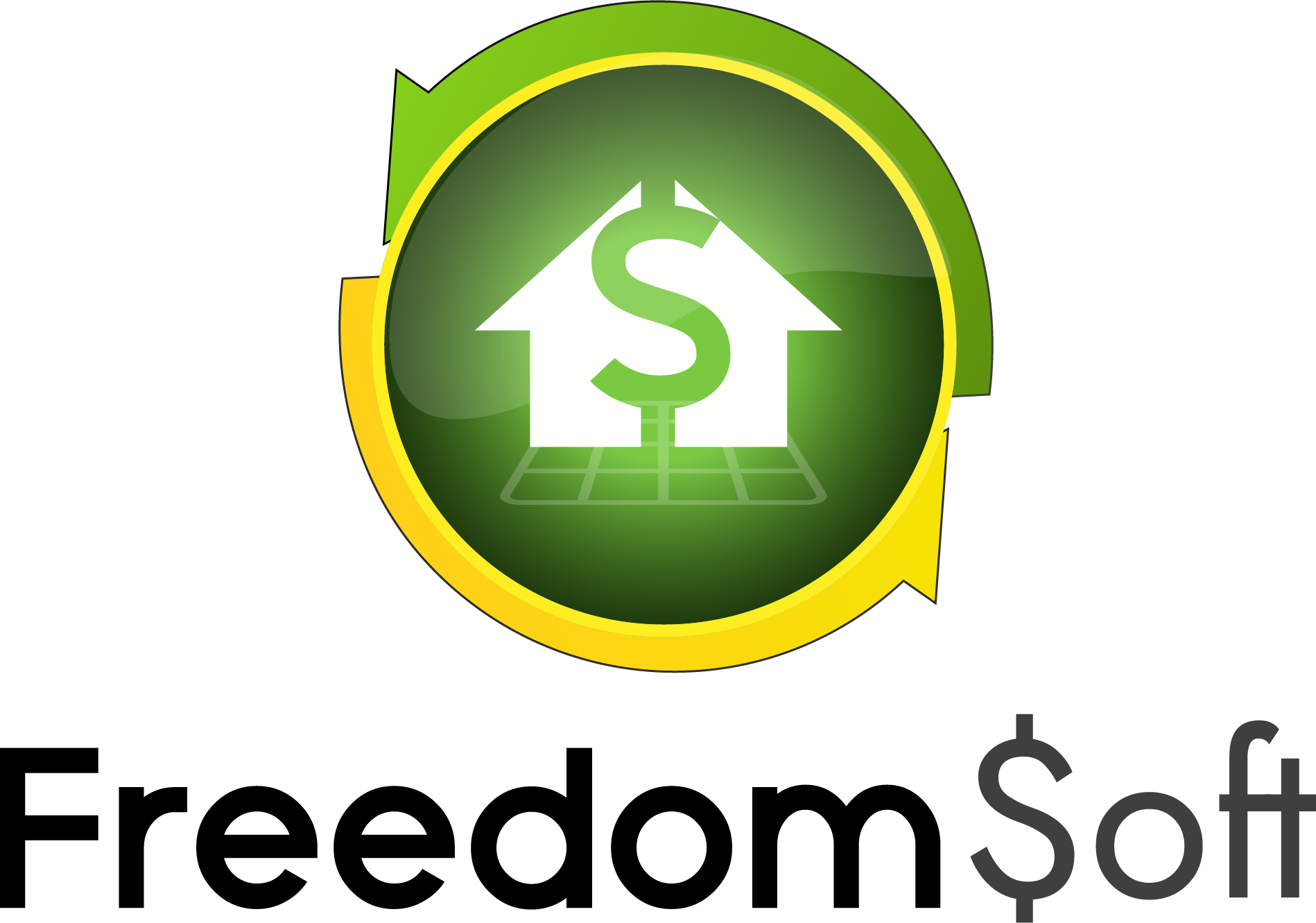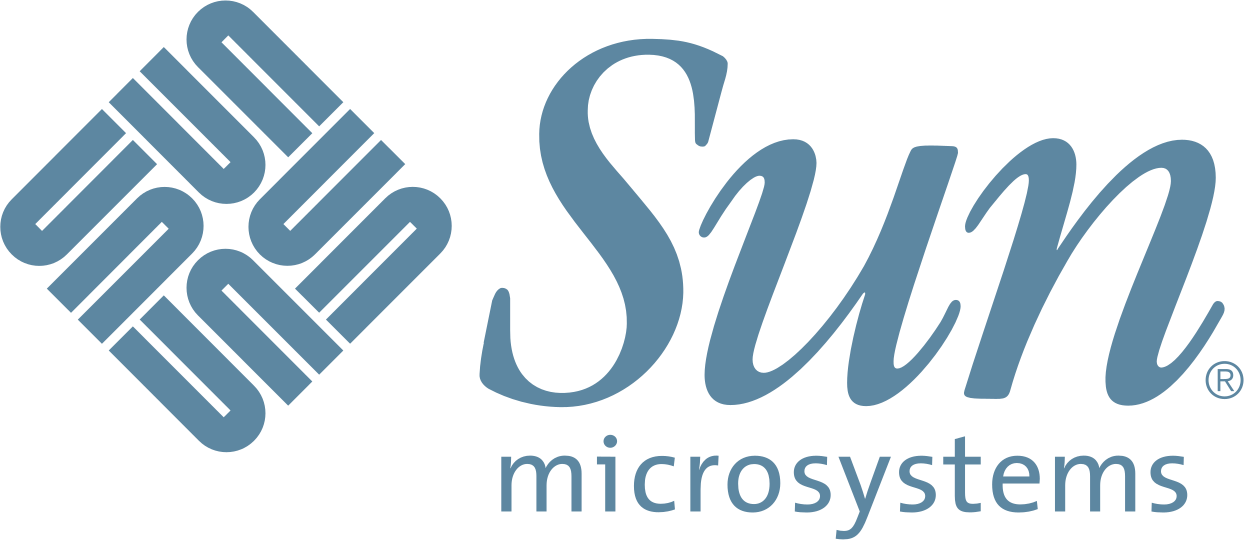If you’re new to the world of website creation, you may have heard of WordPress. But did you know that there are actually two versions of WordPress? That’s right! There’s WordPress.com and WordPress.org, and they’re not the same thing. Confused yet? Don’t worry – we’ve got your back. In this blog post, we’ll break down the key differences between these two platforms so that you can make an informed decision about which one is right for you. Ready to dive in? Let’s go!
Introduction to WordPress
WordPress is a content management system (CMS) that enables you to create a website or blog from scratch, or to improve an existing website. It’s a free and open-source platform with a huge community of users and developers worldwide.
There are two different versions of WordPress: WordPress.com and WordPress.org. In this article, we’ll explore the key differences between these two platforms.
WordPress.com is a hosted solution that offers a variety of features for creating a website or blog. You can choose from a selection of pre-designed themes, and you don’t need to worry about hosting or maintaining your website. However, you will be limited in terms of customization options and plugins.
WordPress.org is a self-hosted solution, which means you’ll need to find your own web hosting provider and install the WordPress software on your own server. This gives you full control over your website, but it also requires more technical knowledge and effort to set up and maintain.
What is The Difference Between WordPress.com and WordPress.org?
WordPress.com and WordPress.org are two different platforms that offer different services. WordPress.com is a platform that allows users to create a website or blog for free. WordPress.org is a content management system (CMS) that allows users to host their own website or blog.
The main difference between WordPress.com and WordPress.org is who owns the platform and the level of control users have over their website or blog. With WordPress.com, users do not own their own platform and they do not have as much control over their website or blog as they would with WordPress.org. However, WordPress.com is much easier to use and does not require users to set up their own hosting or domain name.
Additionally, there are some features that are only available on WordPress.org, such as plugins and themes from third-party developers, custom code, and the ability to sell products on your website. If you want more control over your website or blog and want to add features that are only available on WordPress.org, then you will need to switch to self-hosted WordPress.
Pros and Cons of WordPress.com
WordPress.com is a popular website builder and hosting platform. It is a great choice for many people, but it is not right for everyone. Here are some pros and cons of using WordPress.com:
Pros:
– Easy to use: WordPress.com is very user-friendly, even for those who are not tech-savvy.
– No need to install or update software: WordPress.com takes care of all the technical updates and security patches for you.
– Affordable: Plans start at just $3 per month, making WordPress.com one of the most affordable website builders on the market.
– Excellent customer support: If you ever have any questions or run into any problems, WordPress.com has a team of expert customer support reps available 24/7 to help you out.
Cons:
– Limited control and flexibility: Because WordPress.com is a hosted platform, you do not have as much control over your website as you would if you were using self-hosted WordPress.org software. This can be limiting if you want to customize your site beyond the options that are available in the themes and plugins offered by WordPress.com.
– Ads may be displayed on your site: Unless you upgrade to a paid plan, which starts at $8 per month, ads may be displayed on your website. These ads are chosen by WordPress.com and they cannot be removed unless you upgrade to a paid plan.
Pros and Cons of WordPress.org
There are a lot of things to consider when choosing between WordPress.com and WordPress.org. Here, we will go over some of the pros and cons of each option so that you can make an informed decision.
WordPress.com:
-Pros:
1. WordPress.com is a great option for those who want to create a blog or website without having to worry about hosting fees or installing software.
2. The platform is easy to use and offers a wide range of features, including a built-in blogging platform, e-commerce integration, and support for multiple languages.
3. WordPress.com also offers users the ability to choose from a variety of themes and plugins, as well as access to premium features such as custom domains and advanced stats.
-Cons:
1. One of the biggest downsides of WordPress.com is that you do not have full control over your site – WordPress owns the platform and can shut down your site at any time if they deem it necessary.
2. You are also limited in terms of what you can do with your site – if you want to add custom code or install certain plugins, you will need to upgrade to a paid plan.
Comparing the Costs of Both Platforms
The cost of WordPress.com and WordPress.org can vary greatly depending on your needs. If you’re just starting out, WordPress.com could be a more affordable option since you don’t need to worry about hosting fees or purchasing a domain name. However, as your website grows, you may find that you need more features and customization options than what WordPress.com offers, which is where WordPress.org comes in. With WordPress.org, you’ll need to pay for hosting and a domain name, but you’ll have access to thousands of themes and plugins to customize your site exactly how you want it.
Best Use Cases for Each Platform
When it comes to choosing a platform for your website or blog, it’s important to understand the key differences between WordPress.com and WordPress.org. Once you know the basics, you can decide which platform is best for your specific needs.
WordPress.com is a good choice for those who want a simple, easy-to-use platform with limited customization options. It’s also a good option if you don’t want to worry about hosting or managing your own website. WordPress.com is free to use, but there are some limitations on features and design options.
WordPress.org is a good choice for those who need more control over their website or blog. With WordPress.org, you can choose your own hosting provider and have full access to all the features and plugins available for WordPress websites. You’ll need to pay for your own hosting and manage your own website, but you’ll have complete control over everything.
Conclusion
WordPress.com and WordPress.org are both great options for creating a website, but have very different feature sets to suit different needs. If you need more control over the content and design of your website, then WordPress.org is more suitable, whereas if you want an easy-to-use platform that requires minimal technical knowledge then WordPress.com may be better suited to your requirements. Whichever one you choose however, it’s important to understand the key differences between them in order to make an informed decision about which one will work best for your project or business goals.






















